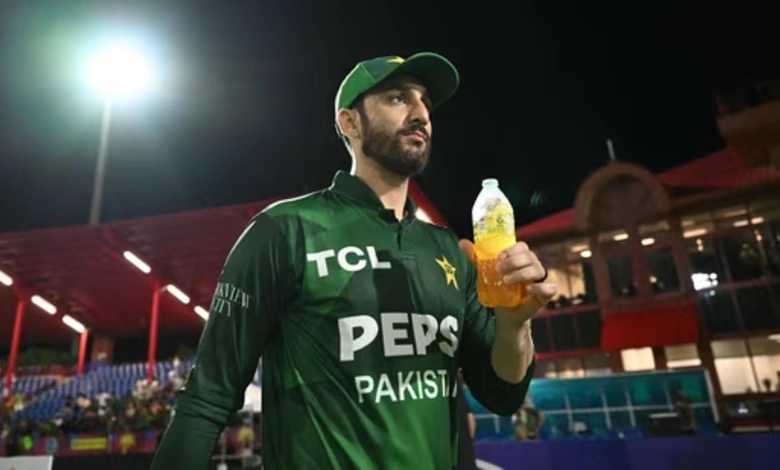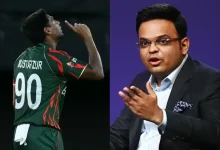Inspired by SKY, Pakistan Captain donates Asia Cup match Fee to ‘Operation Sindoor victims’

In a show of cross-border solidarity amid lingering tensions, Pakistan’s cricket captain Salman Ali Agha revealed that his squad would channel its earnings from the Asia Cup final into support for those harmed in India’s military response known as Operation Sindoor.
The announcement came during a tense post-match briefing following Pakistan’s clash with India in Dubai on Sunday, an encounter overshadowed by geopolitical friction and a protracted awards ceremony that ran over an hour late. Agha, speaking on behalf of his players, emphasized the decision as a collective commitment. “As a team, we have decided to donate our match fees to the civilians and children affected by India’s attack,” he stated plainly, underscoring the human cost of the conflict.
The gesture mirrors one made earlier by India’s captain, Suryakumar Yadav, who pledged his full match fee to bolster the nation’s armed forces and assist survivors of the Pahalgam terror attack. That assault, which claimed 26 lives in Jammu and Kashmir’s Pahalgam region this April, prompted India’s Operation Sindoor two weeks later a targeted operation against terrorist infrastructure in Pakistan.
Agha did not hold back criticism of the Indian side’s conduct during the trophy presentation, where players opted against receiving their honors from Asian Cricket Council (ACC) chief Mohsin Naqvi, who also chairs the Pakistan Cricket Board (PCB). Labeling the move “disappointing,” Agha argued it undermined the sport’s ethos. “They are not disrespecting us by not shaking hands, they are disrespecting cricket. Good teams don’t do what they did,” he remarked. His team, in contrast, stepped up for the obligatory photos and medal collection, a point he highlighted to affirm their professionalism. “We went to pose with the trophy (photo shoot) on our own because we wanted to fulfil our obligations. We stood there and took our medals. I don’t want to use harsh words but they’ve been very disrespectful,” Agha added.
The ceremony’s awkwardness peaked when Naqvi, carrying the runners-up silverware, departed for his hotel after India’s refusal. Host broadcaster presenter Simon Doull addressed the impasse on air, noting, “I have been informed by the Asian Cricket Council (ACC) that the Indian cricket team will not be collecting their awards tonight. So that does conclude the post-match presentation.”
Individual accolades went to India’s Kuldeep Yadav, Abhishek Sharma, and Tilak Varma from other officials, while Agha collected the runners-up cheque directly from Naqvi. Notably, Indian players offered no recognition to the ACC head, who refrained from applauding their achievements. BCCI secretary Devajit Saikia later confirmed the stance, explaining India’s aversion to accepting the trophy from Naqvi in his dual role as PCB chairman and Pakistan’s interior minister.
This episode in the Asia Cup final, already charged with high drama after India’s initial hesitation to claim the winning hardware from Naqvi, highlights how off-field animosities continue to infiltrate the cricket pitch. Yet Agha’s aid pledge offers a rare note of compassion, bridging divides forged by the Pahalgam tragedy and Operation Sindoor’s fallout.




